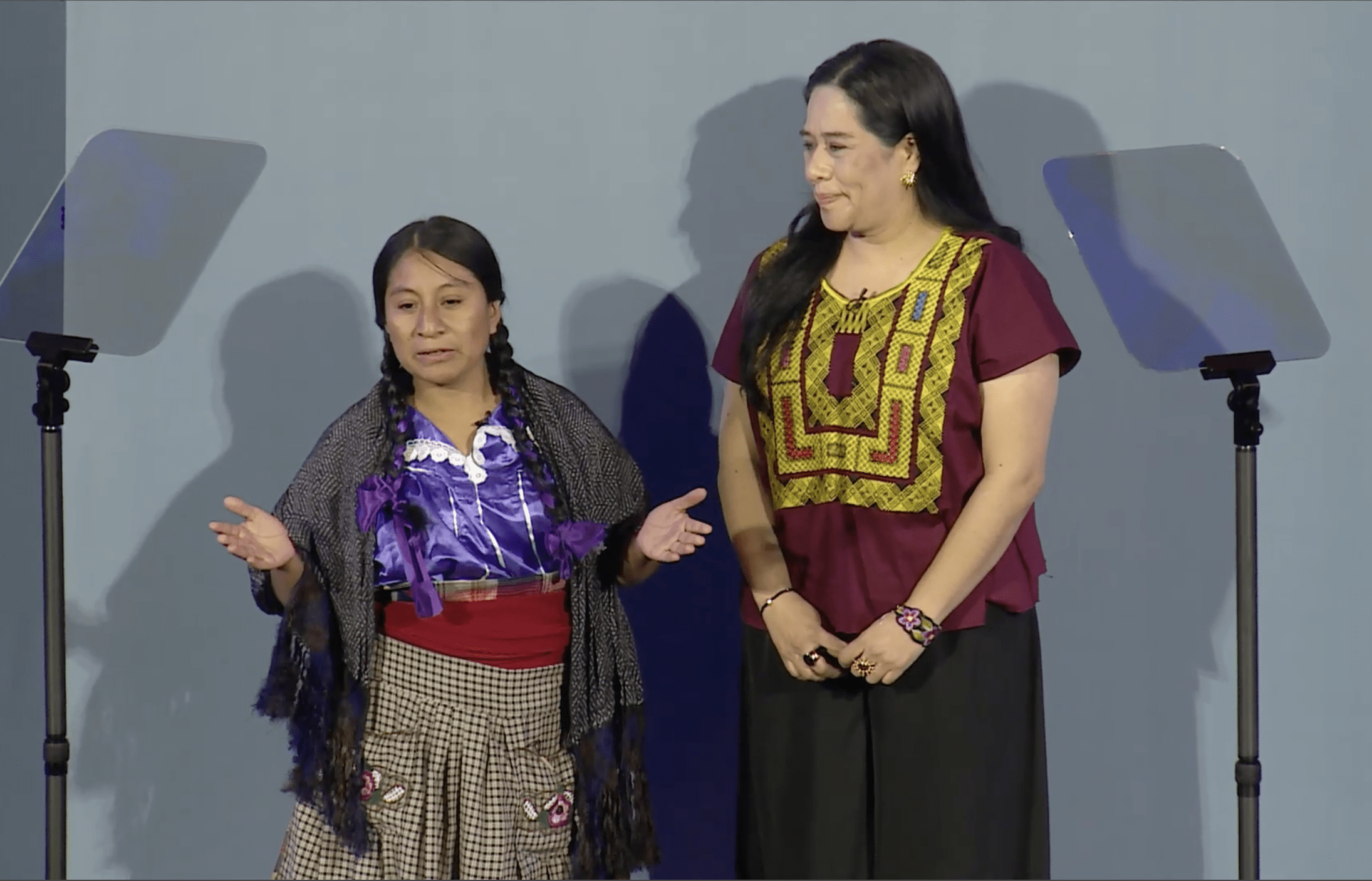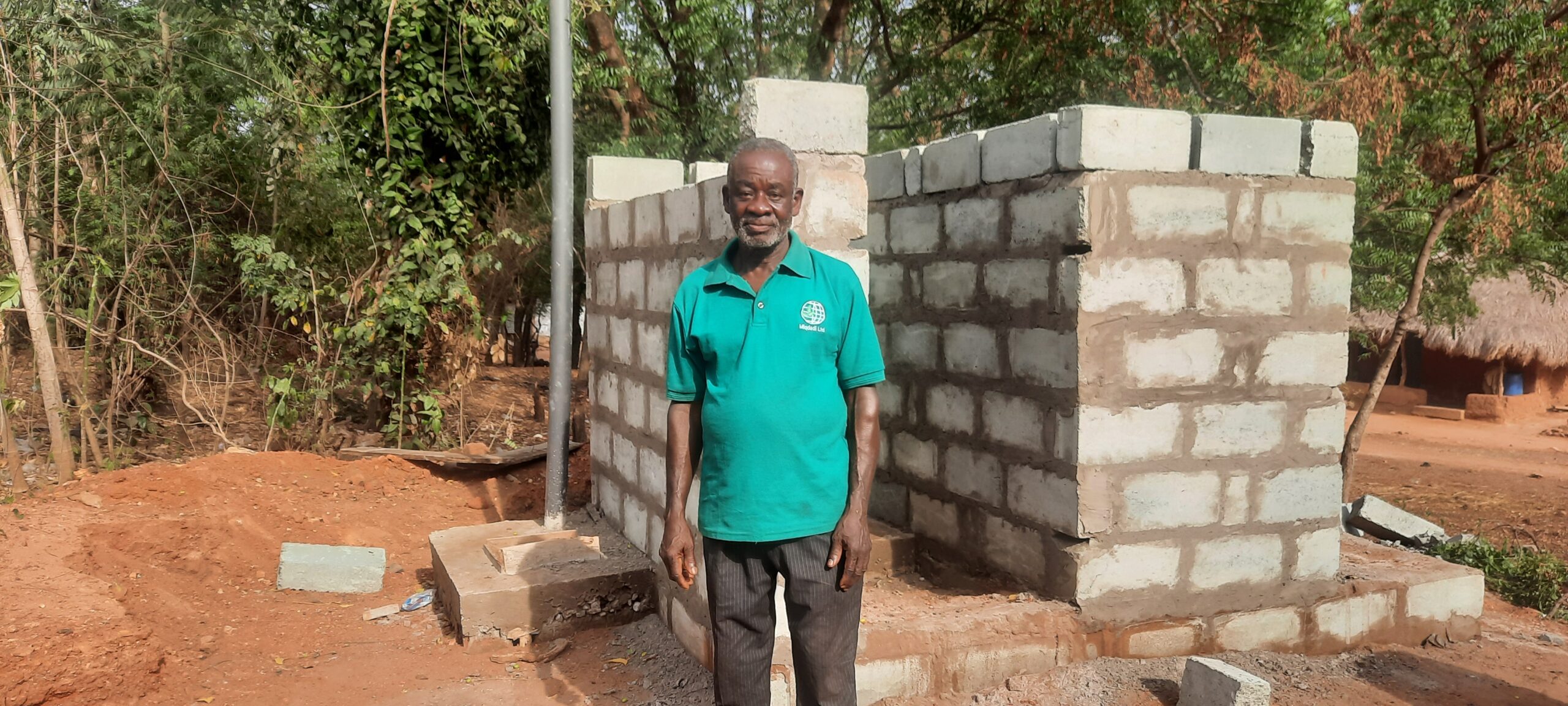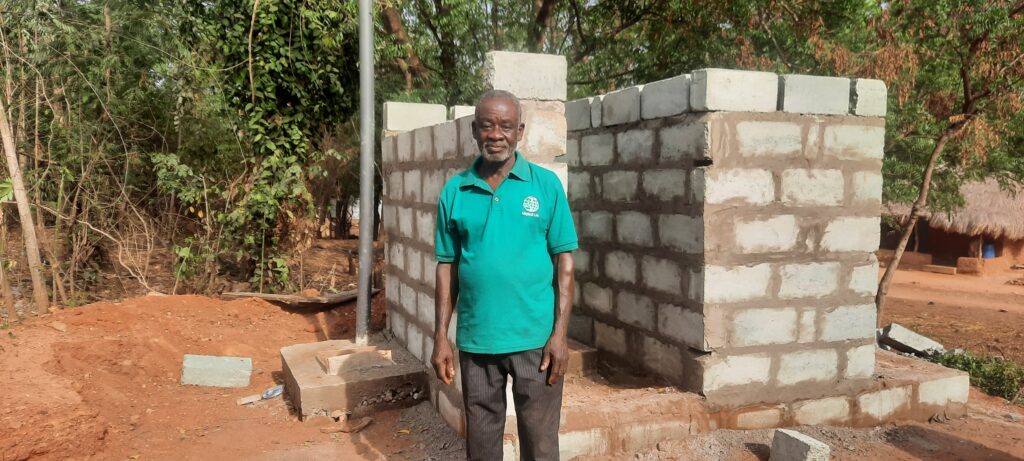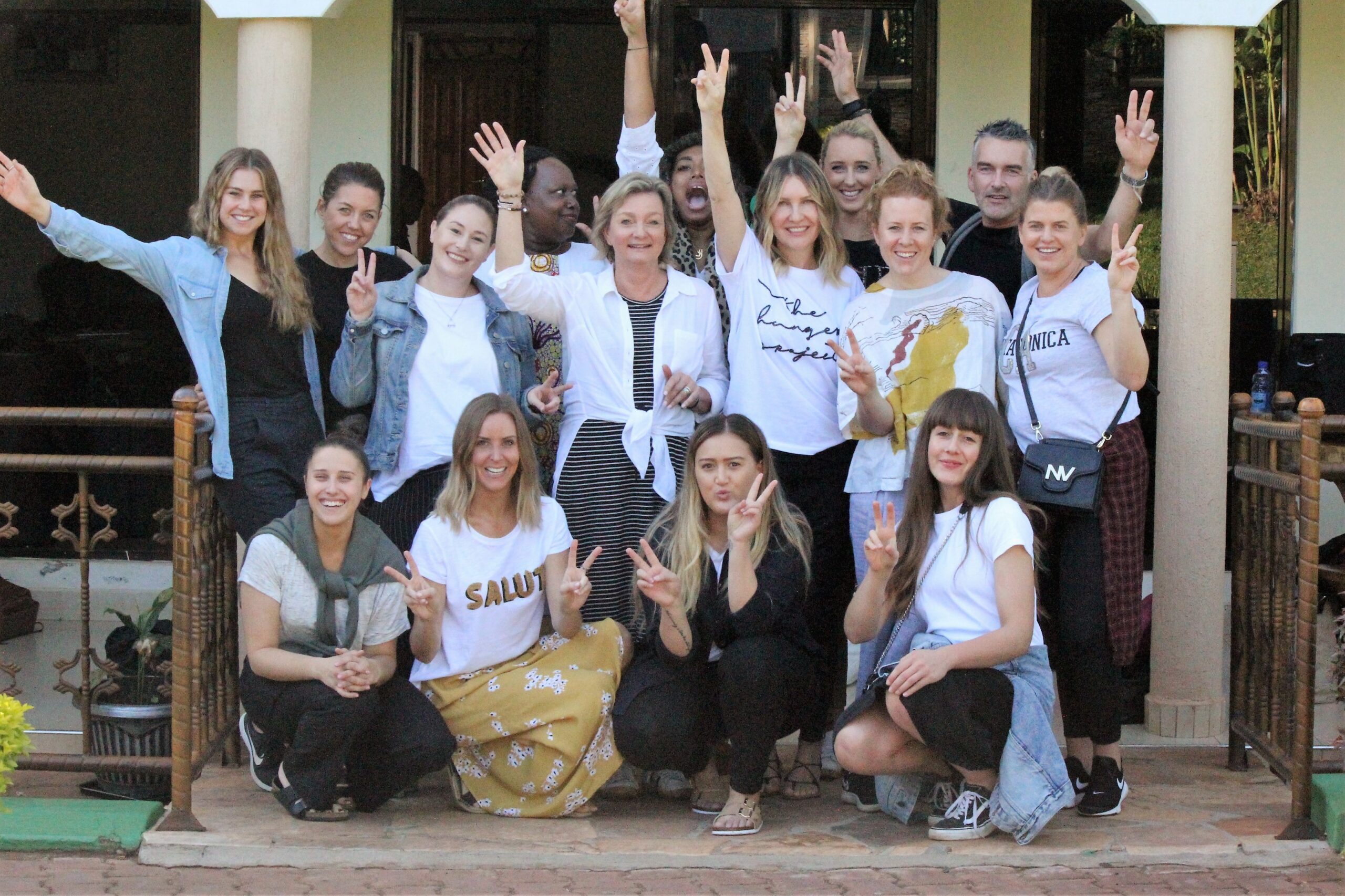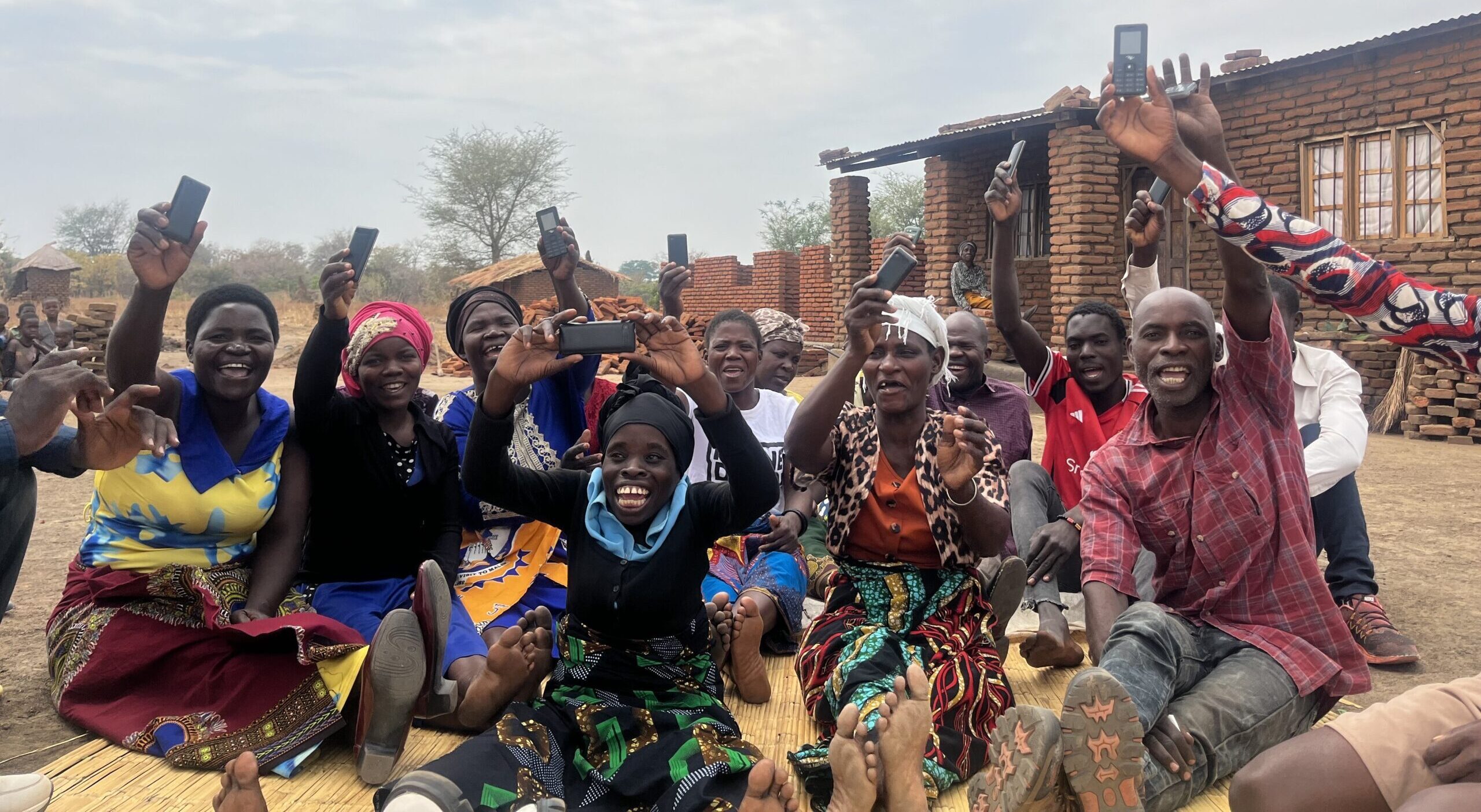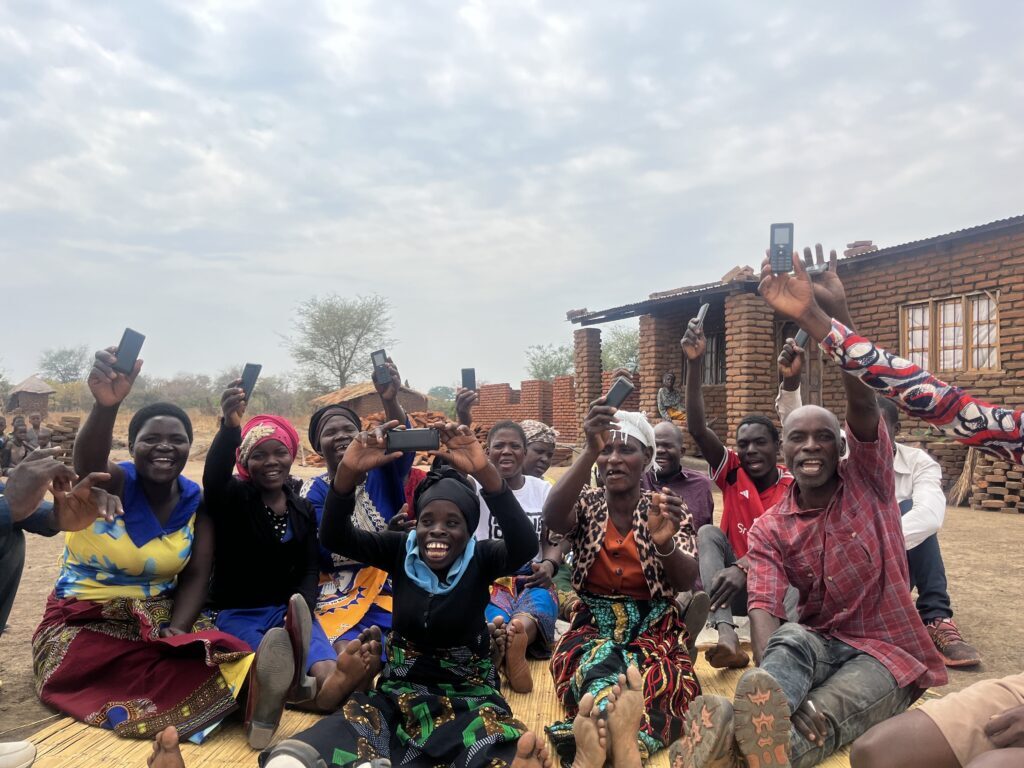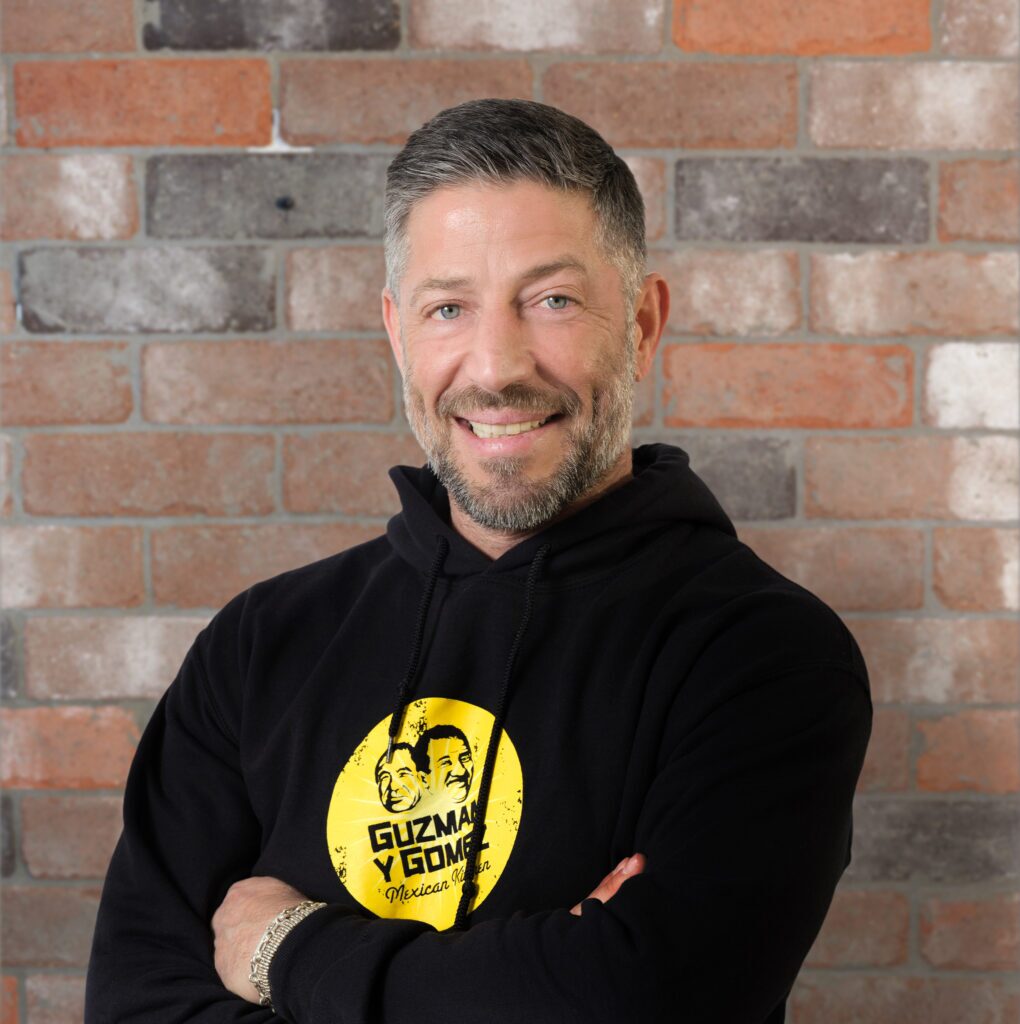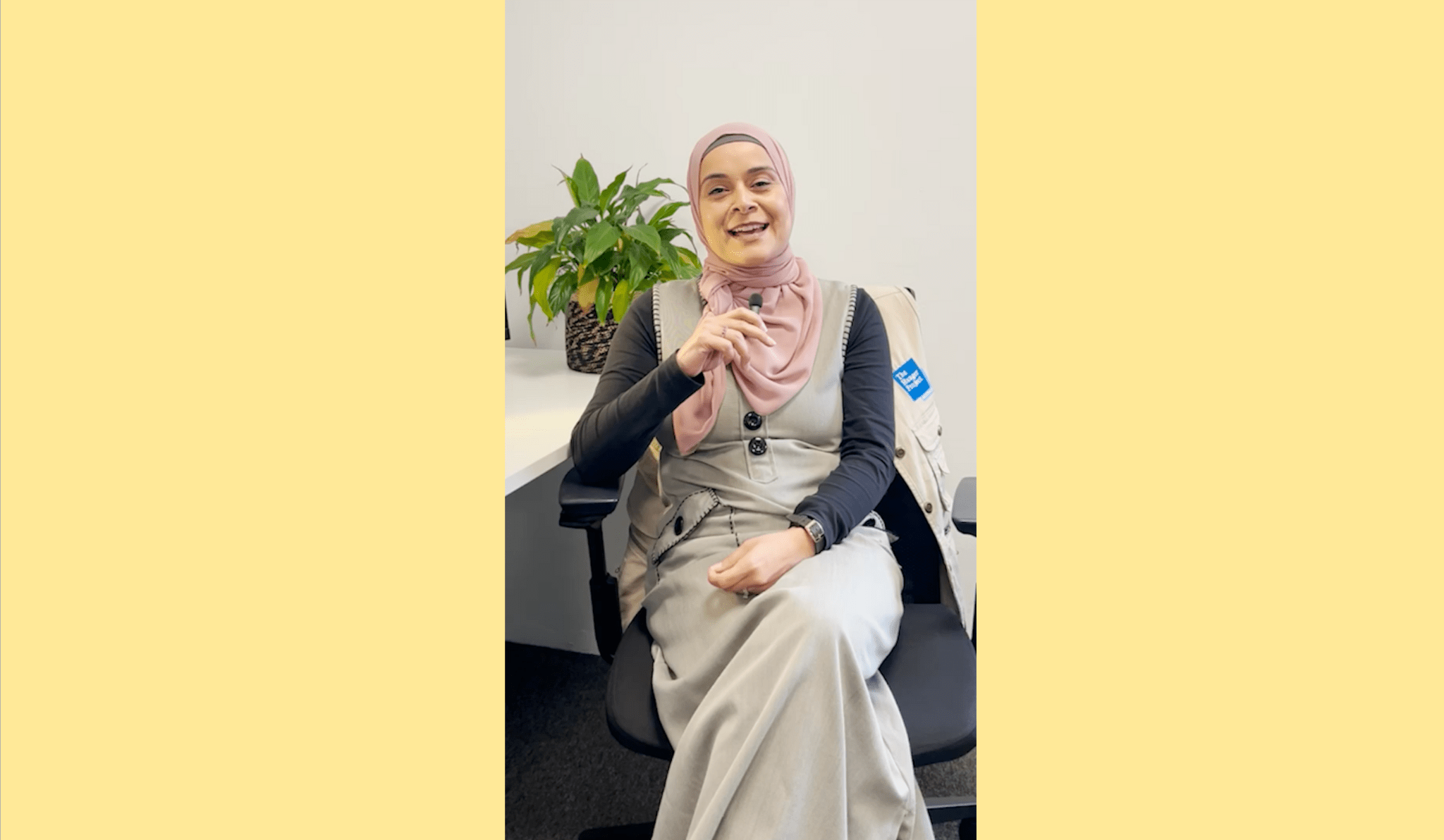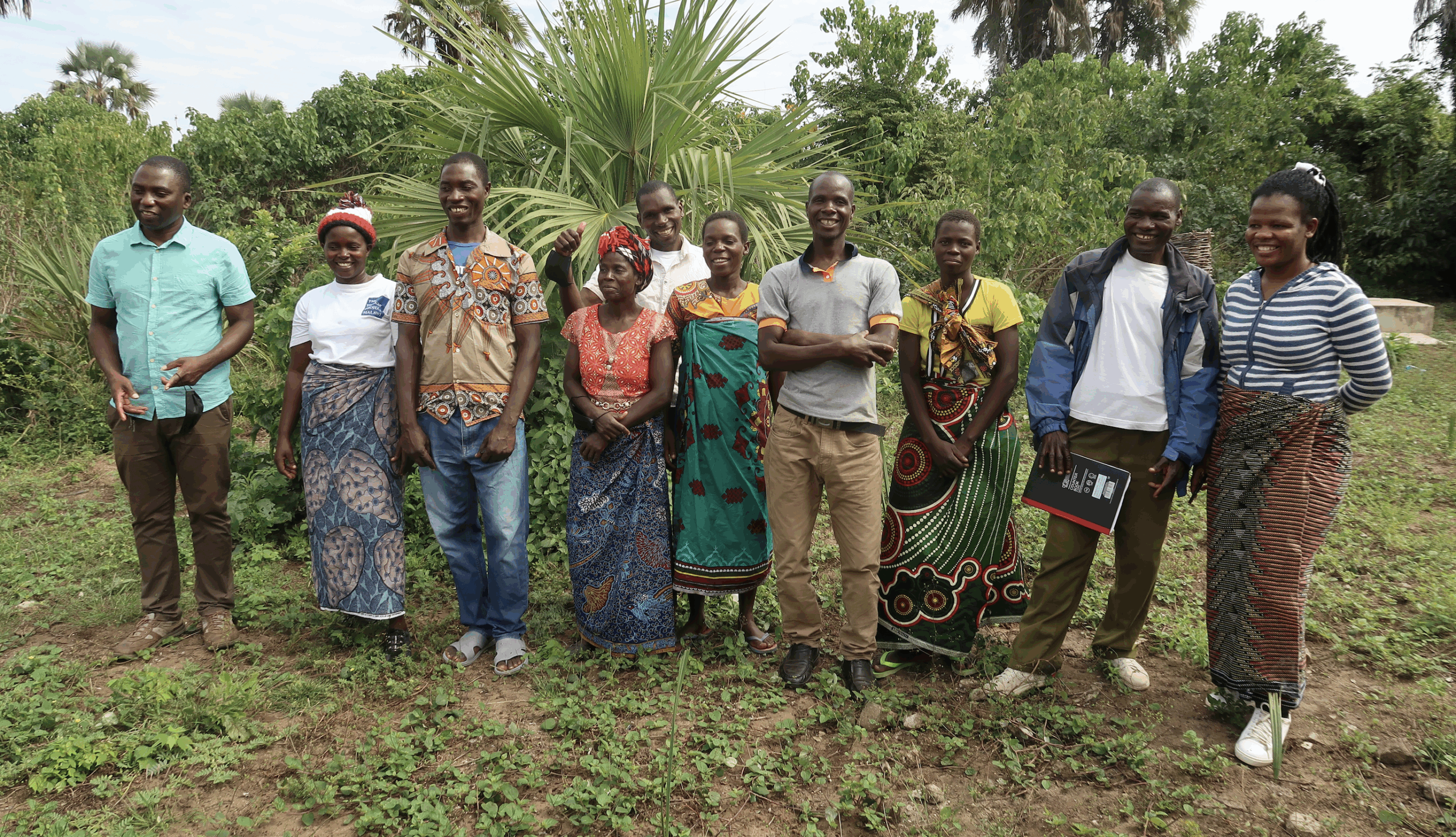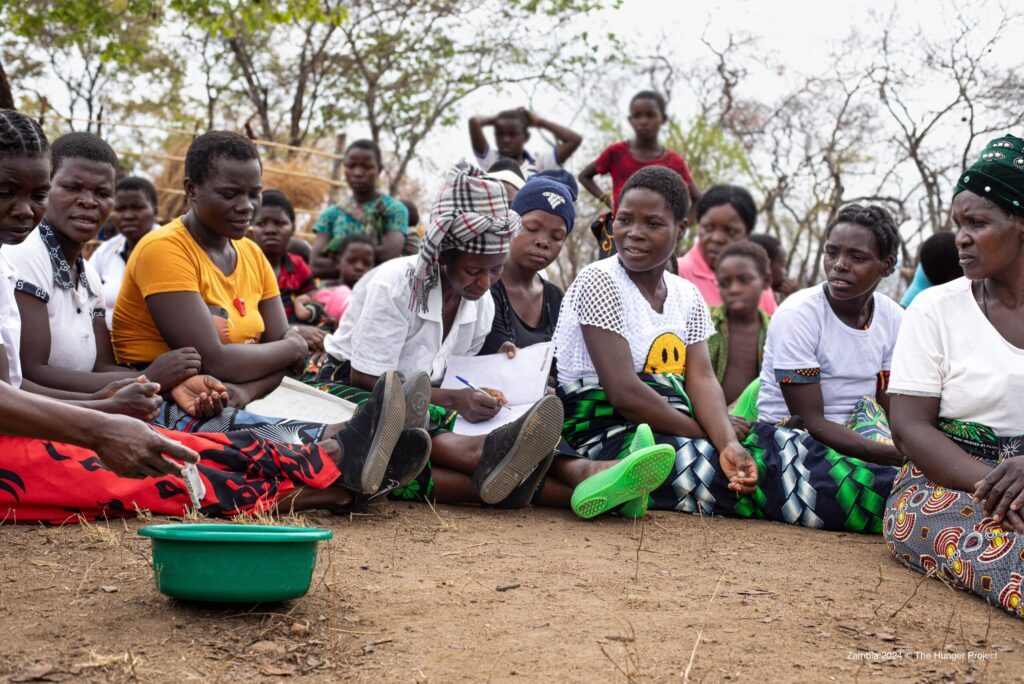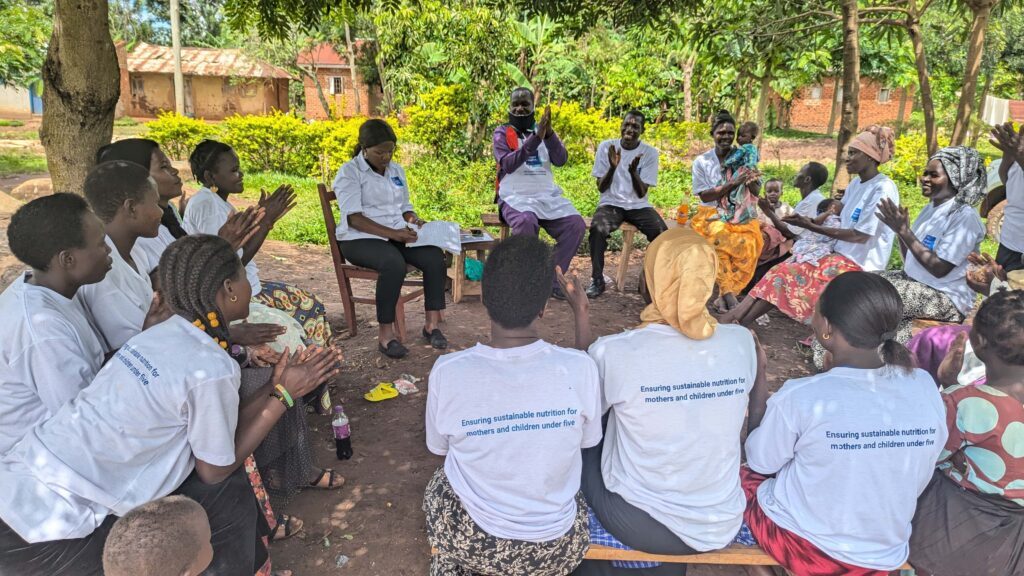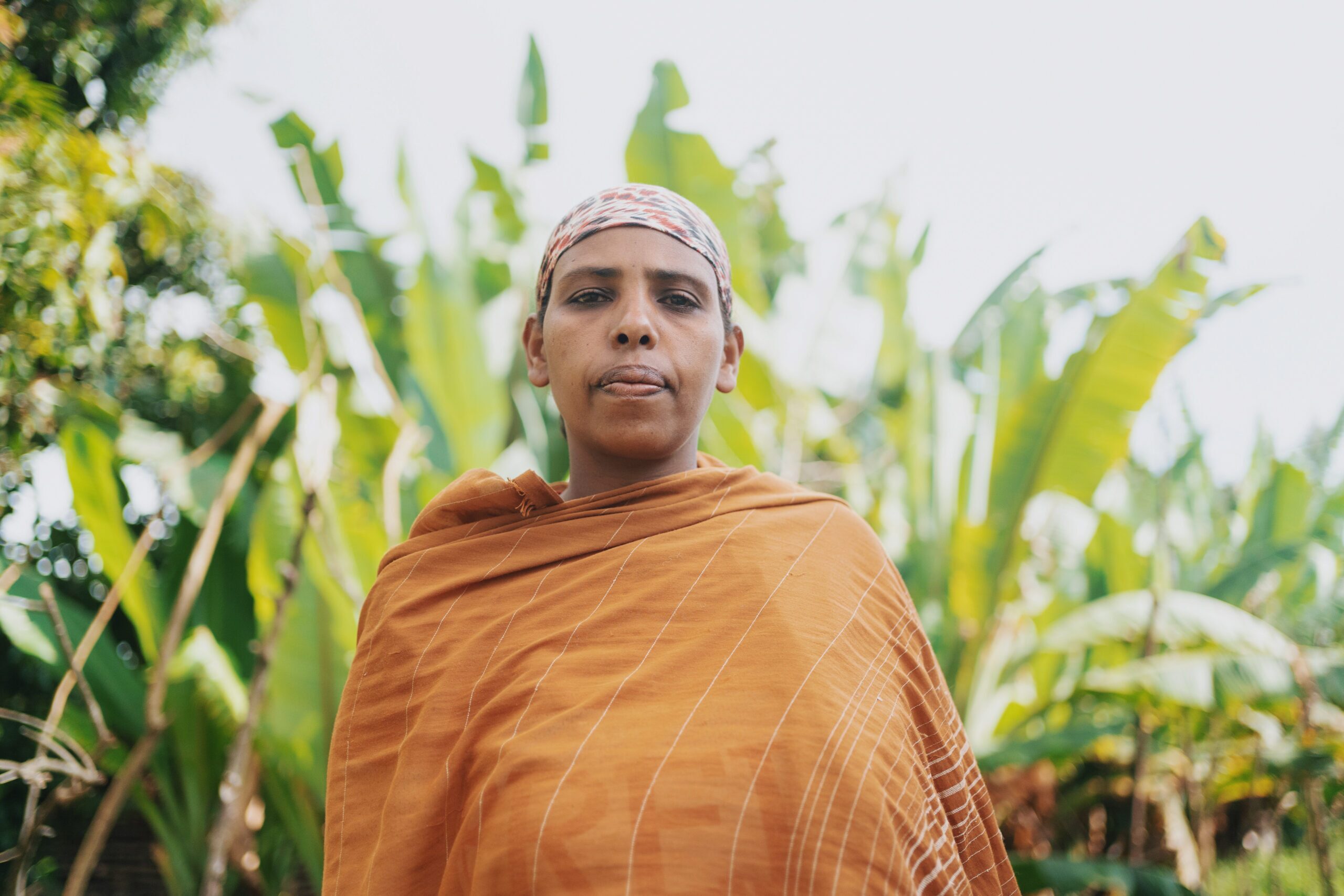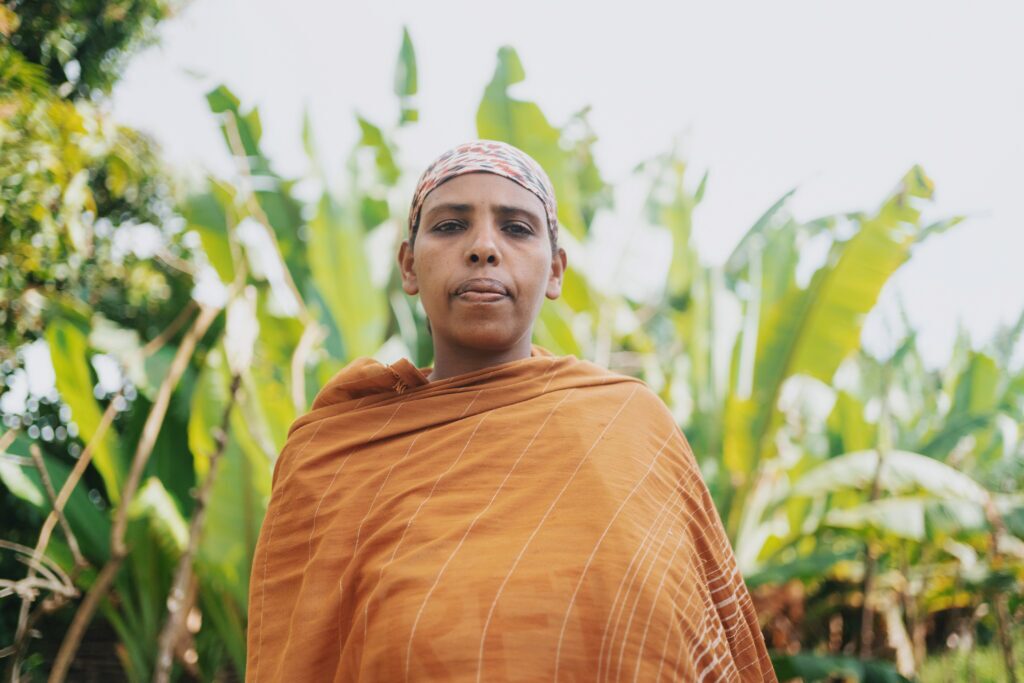Through THP’s programs, Indigenous woman Nereida transformed from speaking in whispers to addressing the UN and inspiring several other women along the way. Here’s the transcript of her speech The Hunger Project’s Fall Event on October 18, 2025.
My name is Nereida, I am a (Sabateko) Indigenous woman from Oaxaca, Mexico. I have traveled a long road to be here with you tonight, and I want to tell you just how long that journey has been.
In my community, San Pablo Huitla, violence against women is a constant threat — a reality that women face every day in nearly every home. This violence has become normalised, seen as a custom.
People say, “You’re a woman — you must endure it, and you must stay at home.” My mother lived for many years with my father’s violence. She didn’t stay because she accepted it, but because she couldn’t abandon her daughters. She would say to my seven sisters and me, “What will become of you? For you, I must endure. For you, I will stay.”
Then one day, when I was 23 years old, I had a kind of awakening — a spark. I made a commitment to myself that things in my family had to change. I confronted my father and told him his violence had to end.
He saw how serious I was — that I would not stay silent. And you know what? My father surprised me. He began to change. He started helping at home. He began treating my mother with respect.
From that, I learned something that has stayed with me ever since: that even the deepest, most ingrained patterns can be transformed. And I also learned that inside me, there is a spark — a spark that wants to find all the barriers women face and tear them down.
I was the first in my family to go to university. I went further and became a lawyer — because even though I am a small, brown, Indigenous woman, I wanted at least the chance to be heard.
But even with a law degree, I was shy. I had little confidence. When I spoke in a room full of men, I felt out of place — profoundly alone. Racism and machismo erased me, as if I didn’t exist.
Later, I got married and had a son. Tradition and expectations told me I should abandon my career — that my life should now be dedicated entirely to raising my child.
One day, I saw a post from The Hunger Project Mexico, inviting people to join something called the Community-Led Development School — a kind of experiential learning laboratory focused on critical thinking and local leadership.
I almost let it pass. My heart said yes, but all the voices around me said no. “Don’t go. You can’t. You’re a mother now. Stay home. Stay small. Stay silent.” But I applied — and I was accepted.
A voice inside me said, “There’s no turning back now.”
On the first day of the school, I sat quietly in the corner of the room and spoke almost in a whisper. If you had been there, you might not have even noticed me. I couldn’t yet see myself or hear myself. I didn’t know if I even belonged there. But the school is much more than a classroom. It’s a space of transformation — a place where community leaders, women, men, and youth dare to imagine a different future together. A space where we begin to understand that there are people we have never met who believe in us.
I began to see myself differently. I learned that I am a citizen — with rights and responsibilities. I rediscovered that spark I had felt as a child. Together with other women, I began practicing saying in one united voice: “Yes — our voices matter.”
We learned to engage in dialogue with local authorities — in an informed and organised way. At the end of the school, we drafted a community development agenda and presented it to our municipal government. Together, we insisted again and again until we were heard.
Now, I have an office in my community where women can meet with me and receive legal advice in their own language. I help them seek protection from domestic violence, obtain legal titles to their land, and start their own businesses. Thanks to this, we recently learned that two groups of women in my community received three years of funding from a community foundation. One group received support to open a bakery; the other to establish a small farm for home use and
local market sales.
Today, my community has both a bakery and a farm — both led by women. None of this would have been possible without The Hunger Project Mexico. They welcomed me as a whole person and walked beside me as I grew in my leadership. They didn’t give me money — they gave me something far more valuable: they recognised my ability to be self-reliant.
Last March, The Hunger Project Mexico invited me to speak before the United Nations Commission on the Status of Women. Me — an Indigenous woman, a young mother, who left her community to speak on a global stage.
Again, many people at home asked, “How can you leave your husband and your child?” Tradition told me not to go — and even told my husband not to let me go. But something profound happened.
My husband began his own transformation. He chose to support me and stay to care for our son. He saw my leadership not as a threat, but as something we could share. He said, “We can do this together.” Together, we are creating a new kind of family — one built on true partnership at its heart We are what I always dreamed of: a team. We stand side by side — in our home, in our community, and in this movement.
When I returned from speaking at the UN, everything had changed. Women began walking long distances to knock on my door. They said, “If you can raise your voice, maybe I can too. If you can stand on a stage, then maybe I can too. Because when a woman like me rises, entire generations rise with her.”
Together, we are proving that traditions can be transformed — because when a custom endangers the life of a woman, that custom must change. And to all of you — to the women and men here tonight: don’t let anyone take away your dreams. Every dream you hold inside deserves to survive.
Thank you very much.
Gracias


